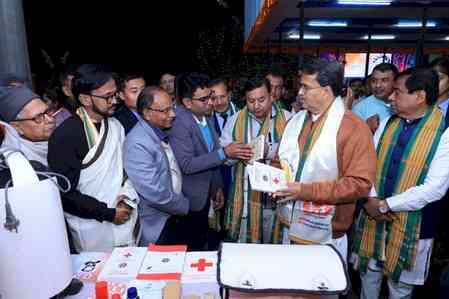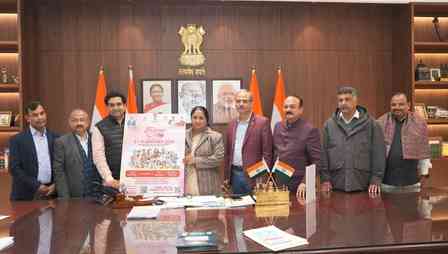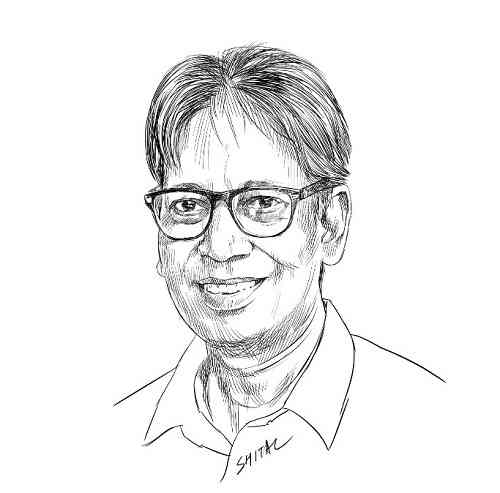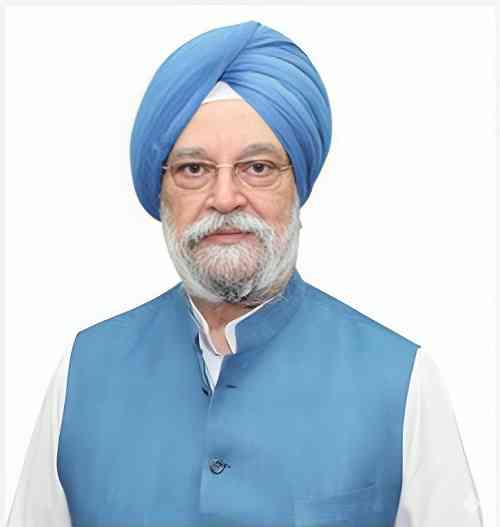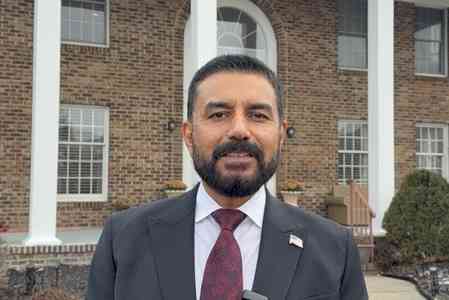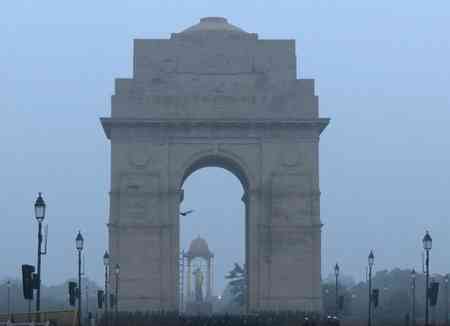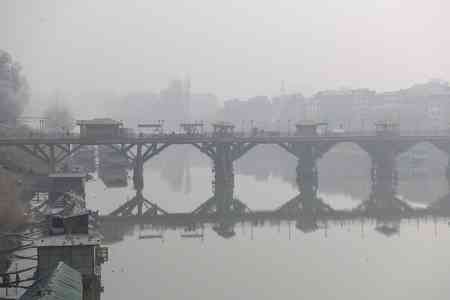The Kafila (Caravan) Finds New Wheels
In the publishing frenzy of books on the Partition, author Sumant Batra woos the reader with his compelling family saga Kafila (which means Caravan) that gives new wheels to the story of the people of Jhang who were mostly forgotten in history.
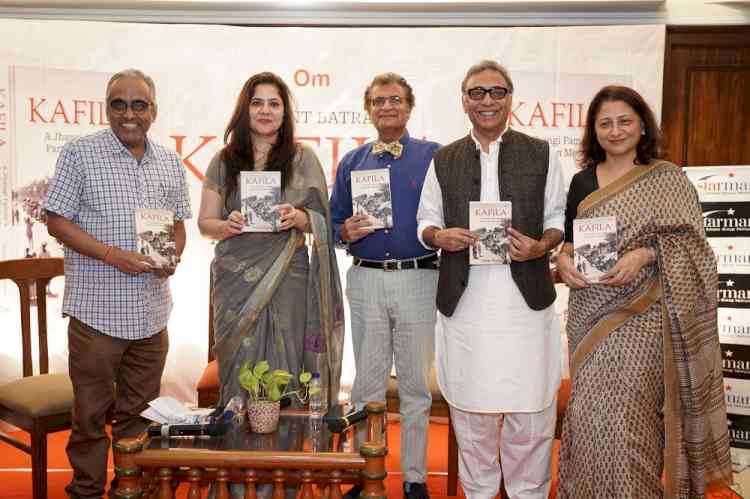
In the publishing frenzy of books on the Partition, author Sumant Batra woos the reader with his compelling family saga Kafila (which means Caravan) that gives new wheels to the story of the people of Jhang who were mostly forgotten in history.
Launched in the historic portals of the Astor Hotel in Kolkata 20th Sept 2025 , by the dynamic AHAVA Communications, adeptly conceptualised and curated by Mona Sen Gupta, organised by Sushroota Sarkar, and supported by members of the Ahava Readers and WritersClub, the evening reverberated for nearly two hours with the incisive and deeply moving perspectives of three panelists who know the contextual history and personal contestations of forced migration and embattled homelands which punctuate the history of the Second World War.
Batra, the erudite and sharply focused writer, was lucid and trenchant in the reason why he wrote this book. “I wanted my children never to forget what their grandparents and ancestors had lost, and struggled to rebuild. I wanted to document our family’s history and make it matter as a piece of the national history of Partition.”
An excellent moderator was publisher Shantanu Roy Chaudhuri of Om Books, who asked pointed questions of the panelists consisting of historian, Dr. Harish Mehta, author and editor-in-chief of Rising Asia Journal, and public intellectual and writer Ms Saira Shah Halim.
Shah stated: “What really struck me about Kafila is how Sumant Batra doesn’t just focus on the conflict and bloodshed of Partition — he also lifts up the stories of solidarity, of neighbors protecting each other, of strangers stepping in when everything seemed lost. That’s powerful, because it tells us that even in the darkest hours, compassion survived.
“And I find that deeply relevant today. We live in times when polarisation is again being stoked, when we’re constantly being told to see each other through the lens of difference. Kafila, through Batra’s lens, reminds us that humanity can and does cut across those divides. If people could stand by one another during the horrors of 1947, surely we can summon that same empathy and courage now.”
Dr. Harish Mehta said the book was an important addition to the primary historical sources of the Partition, serving a stellar cause of recording perhaps the first published book on the Jhangi people. As such, the book would have a long life in the shelves of major libraries. Mehta added that Batra’s discovery of the silence of his grandparents and parents revealed their repressed trauma, a desire to erase and assimilate in their new homeland, as they shrugged off the embarrassing tag of a refugee.
Mehta added that the book worked as micro-history of the Jhang, fitting comfortably within the Partition’s macro-history. The author in response stated that the book was an effort to preserve his family history, ensuring that his children were familiar with it. About the silence of the Elders, he says they preferred silence as they didn’t want to offload dreadful memories on him. The silence piqued his interest and he coaxed the stories out of them.
Says editor and publisher, Ray Chaudhuri: “As someone who commissioned the book, I see Sumant Batra’s Kafila as a book of rare urgency and resonance. At a time when the stories of Partition risk fading into abstraction, Sumant reclaims them with the intimacy of lived memory, his family’s journeys across torn borders become both deeply personal and profoundly collective.
“The memoir does not merely chronicle displacement; it bears witness to resilience, love, and the forging of identity amid rupture. In today’s world, where the politics of division often resurfaces, Kafila reminds us of the human cost of drawing lines on maps, and the quiet heroism of those who rebuilt lives from the rubble. It bridges history and memory, fact and feeling, giving voice to silences often overlooked in official accounts. Publishing it now is both an act of preservation and a way to spark reflection across generations on belonging, loss, and the enduring power of hope.
“I see Kafila as Sumant Batra’s gift against forgetting. It pushes back against the comfort of amnesia and forces us to engage with Partition not as a chapter in a textbook, but as lived memory. When Batra brings his family’s journey to life, we meet people — not statistics. We feel their loss, but also their resilience.
“And that’s where the empathy lies. You stop seeing categories — Hindu, Muslim, refugee — and start seeing human beings navigating impossible choices. That’s what makes a book like Kafila so important right now. It bridges the past with the present, reminding us that these stories are not just about what happened then, but about how we live together today. Batra has given us a memoir that doesn’t just preserve history — it teaches us how to be more human with each other.”


 City Air News
City Air News 

